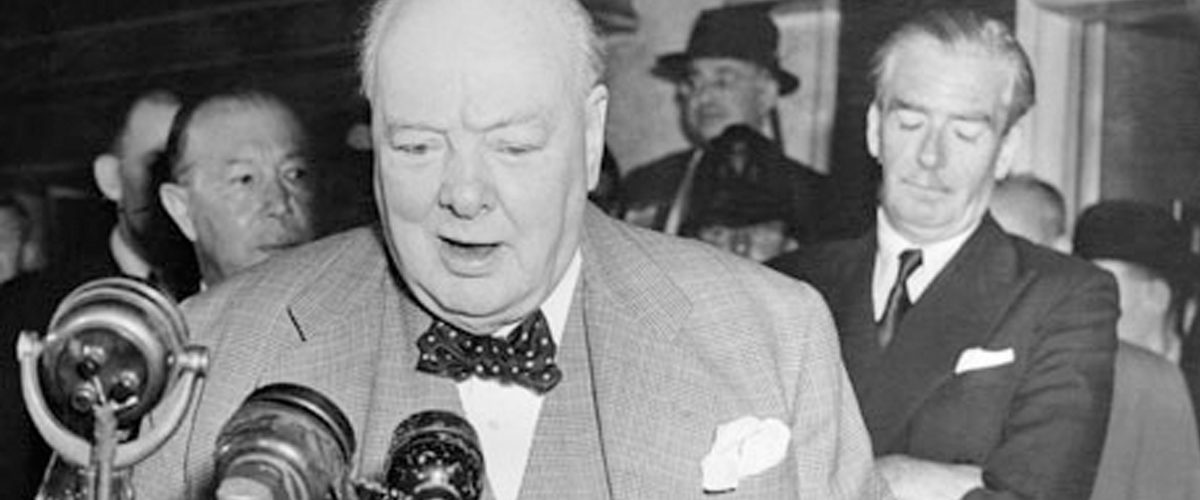One of the most effective speakers we can learn from is Winston Churchill. In fact, both advertising agency gurus and presentation experts have cited his skills, be it crafting and rehearsing a presentation speech, as brand communications expert, Carmine Gallo lauded, or for writing persuasive advertising copy, according to creativity mentor, Luke Sullivan.
Churchill’s speeches have always been powerful and persuasive. These can be used as inspiration for more convincing business or sales presentations, especially if you’re selling something. Use these five presentation speaking tips to get the most out of your pitch:
1. Begin Strongly
Start with a question, cite a relevant quotation or challenge your audience. Whichever way you pick, be sure to give your audience a strong and credible impression. You also need to empathize and show that you’re willing to help solve their problems.
Remember that you need clients or partners to invest in you. Giving a confident impression and backing it up with an effective pitch make for a strong introduction.
2. Have One Theme
A compelling idea is the cornerstone of an effective business presentation. Being able to centralize your speech around one idea describes and clarifies what you want to say. Sullivan suggests that in order to find that one idea, look at your product and find the best way you can describe it.
If you can summarize that within one description, putting in the supporting points to back up your claims will be easier to make. Your audience will also have an easier time following your pitch too.
3. Use Simple language
Using a conversational tone, together with simple and easy-to-understand language gives potential partners an easier time following your presentation. This saves you time in reiterating your key points and explaining them to the audience.
Rather than giving a technical explanation, stick to highlighting what your product or service can offer your clients. Gallo suggests you let them know what they get out of it and why they should care about your pitch.
4. Leave a Picture in the Audiences’ Minds
Words are more than just a means to convince your clients. They can also be used to paint pictures in the audience’s minds. This is important because people buy what they can see, more than hearing the description, more than reading about it, clients and prospects need to visualize the product and the situations where it can help them.
To help you get the most out of this, try to find out what a professional presentation design specialist can do to enhance your PowerPoint Deck.
5. End Dramatically
As with your beginning, you need to make a dramatic ending. It can be a call to action, a challenge for your clients to invest in your proposal, or an important fact they can associate with your brand.
When you make your conclusion, always refer to your main idea and how it is organized. If your presentation is structured with the strategy of highlighting your best selling point, you already have an edge against the competition.
One Last Thing
Leaving a lasting impression can potentially be as powerful as an initial impression. Learning to apply these tips will give you the same edge that Winston Churchill enjoyed.
To help you make your speech work with a matching PowerPoint presentation, take a few minutes to get in touch with us, all for free!
References
“Audio Archive.” Winston Churchill. Accessed August 18, 2015.
Gallo, Carmine. The Presentation Secrets of Steve Jobs: How to Be Insanely Great in Front of Any Audience. New York: McGraw-Hill, 2010.
Sullivan, Luke. Hey, Whipple, Squeeze This: A Guide to Creating Great Ads. 3rd ed. Hoboken, N.J.: John Wiley & Sons, 2008.
Featured Image: “NY – Hyde Park: Franklin D. Roosevelt Presidential Library – Winston Churchill Portrait” by Wally Gobetz on flickr.com
